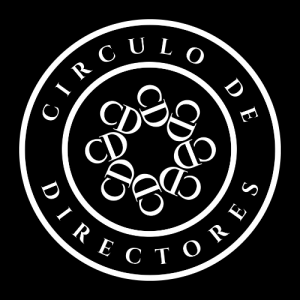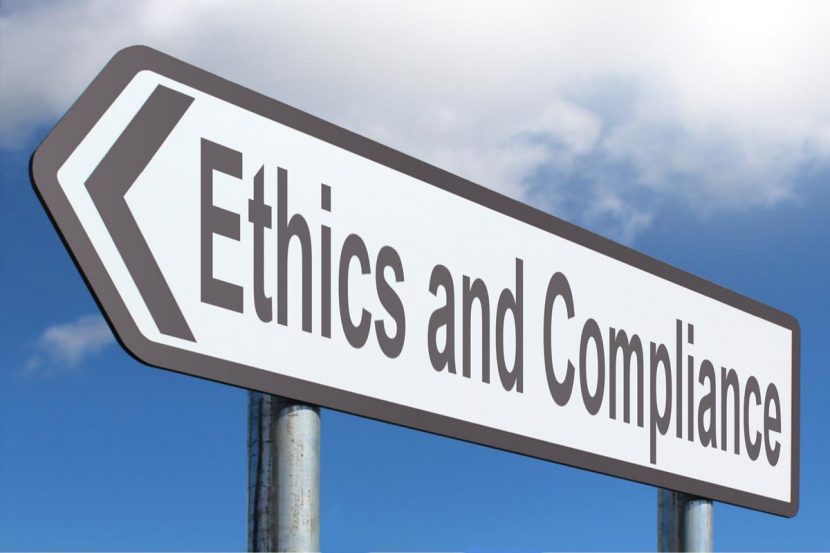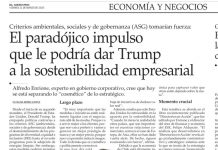Fuente: Harvard Law School Forum on Corporate Governance and Financial Regulation
Autor: Veronica Root Martinez (Notre Dame Law School)
In the world of compliance, people often mention the importance of ethics, but focus the bulk of their efforts on the creation of a program that is likely to only ensure compliance with legal and regulatory mandates. This is, of course, unsurprising. Coming up with tangible activities related to the creation of a compliance program seems easier in many respects than creating activities associated with ethics, a more nebulous concept. And yet, firms constantly refer to their programs as ethics and compliance programs, without developing the ethics component. Unsurprisingly, the significant corporate misconduct discovered over the past five years appears to have at its core some sort of unethical conduct. Wells Fargo knew fraudulent accounts were being opened at some of its branches. General Motors knew there was something weird going on with its ignition switch. Volkswagen purposefully attempted to dodge emissions scandals. Each of these scandals invoked fundamental concerns about the strength of each firms’ ethical culture. These examples, and others like them, serve to demonstrate that organizations must do more than ensure rote compliance with legal and regulatory requirements. They must do something more.
Take Walmart for example. In 2016, Walmart merged its global ethics and compliance programs, stating that the “functions are closely related, as both are involved in identifying and preventing risks, responding to issues, and educating associates.” Walmart explained that the merger enabled better collaboration, efficiency, and effectiveness across the groups. For example, as the individuals who handle ethics contacts identify trends in compliance matters that are reported to the company, they are better positioned to raise those issues with their colleagues on the compliance team who manage those subjects. Additionally, by working together the ethics and compliance groups have consolidated our training and tailored it to better engage our associates in the learning process.
Walmart, as well as many other large firms, has made the determination that compliance and ethics personnel should work in tandem. This is an unsurprising conclusion, as those within industry often think of themselves as compliance and ethics professionals.
The question I tackle in More Meaningful Ethics, however, is the wisdom of creating a program that focuses primarily on compliance without an equal and concrete focus on the ethical components of the program. When one reviews public ethics and compliance documents at multinational firms, one often finds references to the importance of ethics, but the actual components of the program look to be focused almost solely on compliance. It appears unusual to find a program that puts specific programs and policies in place to promote ethical behavior. To a certain extent, the lack of precision related to what would be part of the ethics prong of an ethics and compliance program is unsurprising. After all, how does a firm force its employees to act ethically? Indeed, should a firm even be dictating what does and does not count as ethical behavior?
In the Essay, I outline four ways in which a firm could approach creating an ethics program.
- A firm might decide not to focus on ethics at all and instead focus all of their efforts on compliance with legal and regulatory mandates.
- A firm might create a paper ethics program, by which I mean a firm that mentions the importance of ethics, but does not actually put any policies, procedures, or programs in place to effectuate ethical norms or behavior.
- A firm might rely on the professional ethics and standards their internal and external agents, like lawyers and accountants, are required to comply with as a mechanism for creating norms and standards within the firm at large.
- And finally, a firm might focus on the tenets that business ethics borrows from moral philosophy, particularly the “evaluation of practices of employees, managers, and their organizations from a moral standpoint.”
In the Essay, I argue that firms should implement specific and explicit ethical infrastructures within their compliance programs, which fall somewhere between the floor set by professional ethics and standards and the hazy ceiling found within moral philosophy as applied to business ethics. By which I mean, firms should attempt to create tangible policies, procedures, and programs that promote ethical behavior within their ranks. In doing so, I suggest firms look to the fields of behavioral ethics, social psychology, and organizational behavior to provide guiding principles when they attempt to craft tangible ethics policies.
For my own contribution, I suggest that firms look to commit to adopting policies and procedures that (i) protect the dignity of, (ii) promote the flourishing of, and (iii) advance the interests of the various stakeholders of firms as a baseline to be used for establishing the ethics components of their ethics and compliance programs. Thus, ethics and compliance programs should ensure employees feel valued and are viewed as vested partners within the organizational enterprise and consider the ways the program might impact individuals both within and outside of the firm. Firms might choose to emphasize other attributes as part of their ethics programs, but the thrust of the Essay is that firms should more actively engage in thinking about the implementation of programs that go beyond rote compliance and focus equally on efforts targeted at creating strong ethics programs. That is not to suggest that creating ethical infrastructure will be easy, but the persistent scandals plaguing sophisticated organizations all across the globe suggest that it is time to at least experiment with creating More Meaningful Ethics within ethics and compliance programs at firms.
The complete paper is available for download here.












